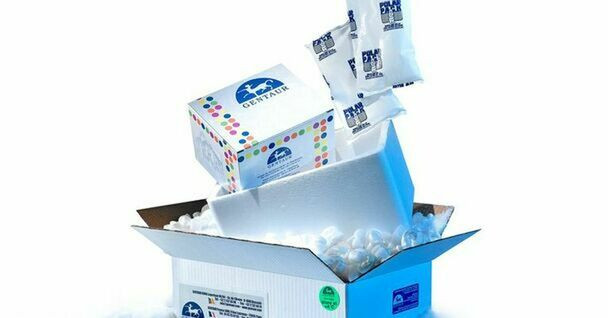Hepatitis B Virus E antigen detected in Serum (HbeAg) | HBV241
- SKU:
- ATLK-HBV-2
- Availability:
- Available in Bulk Order of 100 KITS & More
- Bulk Quantity:
- 100T
Description
INTENDED USE:
The One-Step HBsAg test is used for the qualitative determination of Hepatitis B surface antigen (HBsAg) in human whole blood or serum. This test is intended for the screening of blood and blood products to be used for transfusion and an aid for the diagnosis of existing or previous hepatitis B infection.
SUMMARY AND EXPLANATION:
HBsAg is one of the earliest markers that appear in the blood following infection with Hepatitis B virus (HBV). This infection of the liver is transmitted by homosexual or heterosexual activity, blood borne exposure, mother-infant, close personal contact and by intake of contaminated water and food products. In the HBV infected people, the virus persists for the rest of their lives and can be passed on to others. Therefore Hepatitis B has become a global public health problem. Infection with HBV results in the appearance of a number of serological markersand one of the first of such markers is Hepatitis B surfaceantigen (HBsAg). The HBV infection causes a wide variety of liver damages such as acute self-limiting infection, fulminating hepatitis, chronic hepatitis with progression to cirrhosis and liver failure, and a symptomatic chronic carrier state. Hepatitis B surface antigen (HBsAg) appears 1-7 weeks before biochemical evidence of liver disease or jaundice. Three weeks after the onset of acute hepatitis almost half of the patients will still be positive for HBsAg. In the chronic carrier state, the HBsAg persists for long periods (6-12 months) with no seroconversion to the corresponding antibodies. Therefore, screening for HBsAg is highly desirable for all donors, pregnant women and people in high-risk groups.











